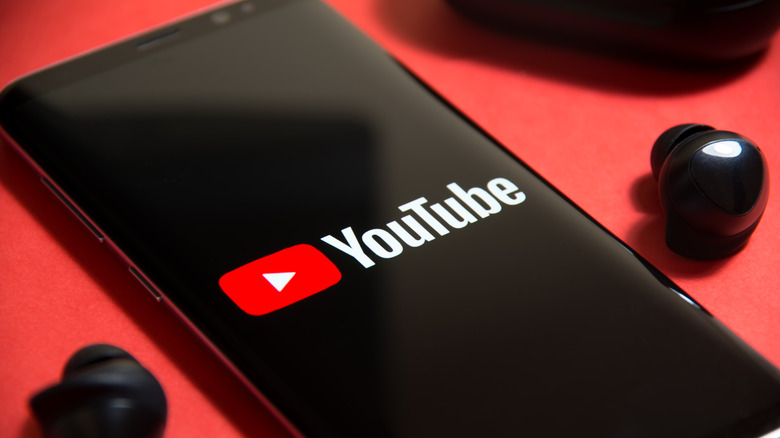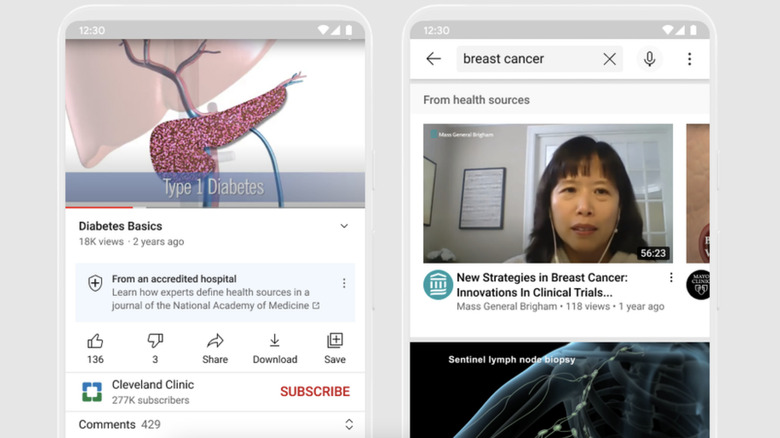YouTube Wants To Fix Its Health Hoax Problem: Here's The Plan
YouTube has been grappling with the problem of health-related misinformation for a while. From abortion and hay fever conspiracies to more recently, COVID-19 hoaxes, the company has been sparing no effort to combat a problem that has landed the platform in legal troubles, too. One of those solutions was a labeling initiative that helped identify videos that came from certified healthcare institutions. Now, the company is opening the certification program to healthcare professionals like doctors and nurses to get their channel approved and identified as reliable, according to a post on YouTube Blog. So far, this program has been exclusive to healthcare bodies, public health departments, education institutions, and government organizations for providing credible healthcare information.
As part of the YouTube Health program, the company notes that "doctors, nurses, mental health professionals and healthcare information providers" can now apply to get their channels verified and earn the coveted trust label. Videos from approved channels will appear under a carousel titled "From health sources" when users look up relevant health-related terms in YouTube's search field. For channels that pass the vetting process, their videos will be featured under the health content shelf and will also show information panels that redirect viewers to credible sources of medical information. A few weeks ago, YouTube also launched a Personal Stories feature for showing videos from people that have undergone treatment to recover from health conditions in order to build trust in medical treatments (via White House).
Who can apply and what are the criteria?
YouTube says it worked with reputed bodies like the World Health Organization (WHO), Council of Medical Speciality Societies (CMSS), and The National Academy of Medicine (NAM) to draft a comprehensive best practices guide. Applying for YouTube Health channel certification is only open to licensed doctors, nurses, psychologists, marriage and family therapists, and clinical social workers.
YouTube has put in place a handful of medical and online reach criteria for healthcare professionals looking to get their channels verified. Each channel application must have clocked at least 2,000 hours of public video watching in the past 12 months. It must host content primarily focused on health. Moreover, the applicant channel must have a clean slate in terms of policy violations. YouTube says a channel must have "no active Community Guidelines strikes" in the record sheet with respect to content suitability and monetization policies.
If a channel meets all the aforementioned criteria, YouTube will take one to two months for the application review. For health channels that are approved, they will start seeing the YouTube Health identification labels early next year. YouTube says it will also conduct routine re-assessment for verified channels, and if they are found to be in violation of the rules, the YouTube Health member perks might be pulled.

